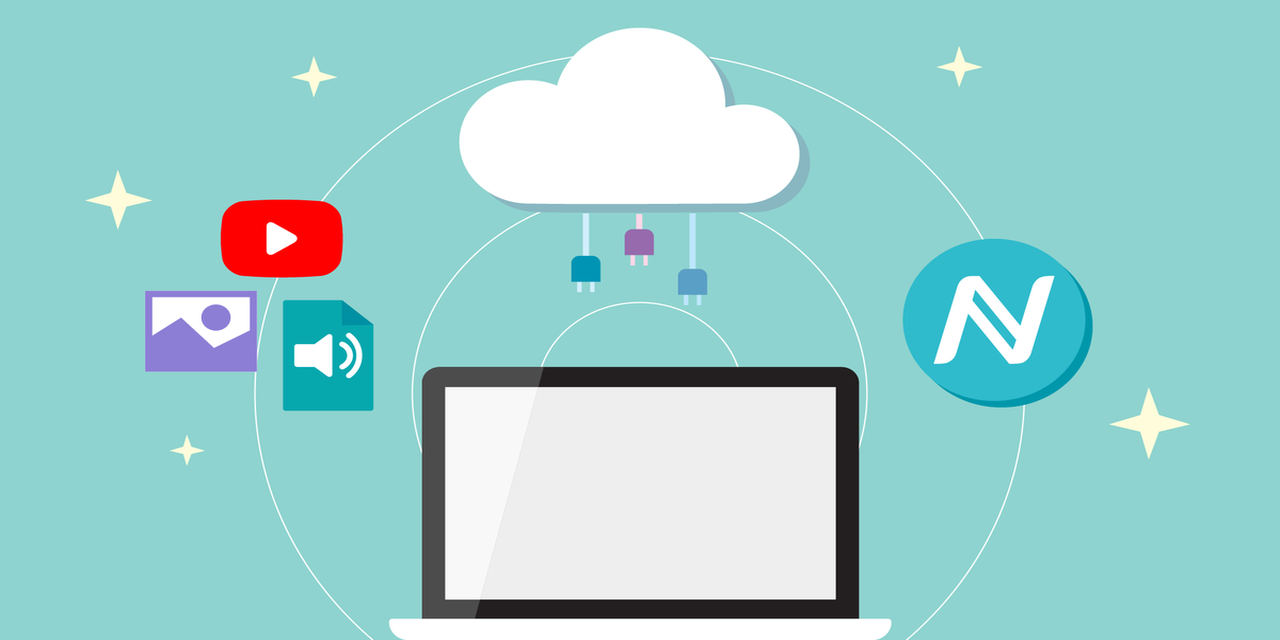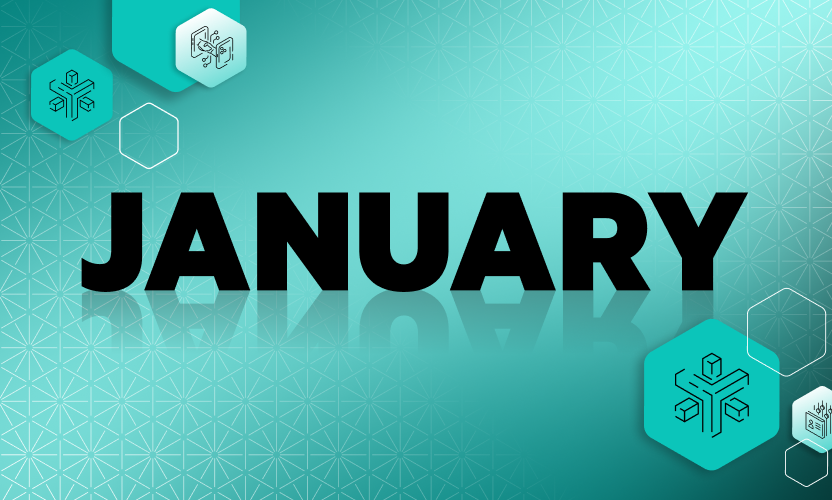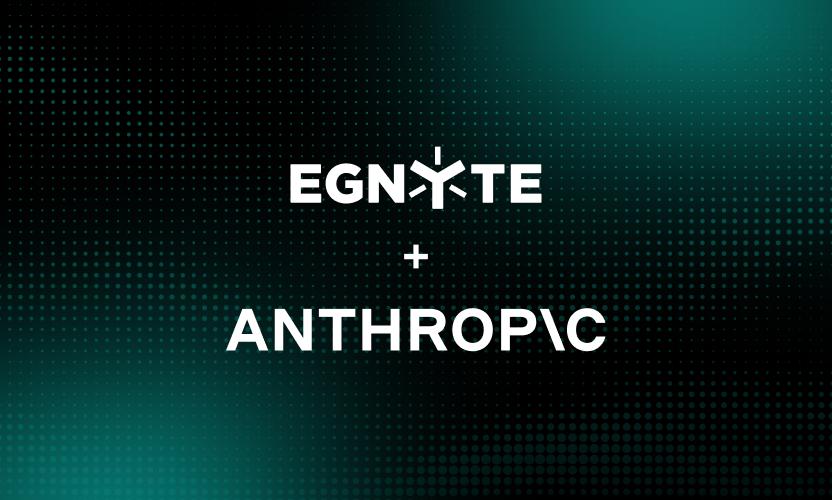
3 Things That Will Change Cloud in 2018
3 Things That Will Change Cloud in 2018
- Explosion of rich media
- Fragmented content storage
- Custom blockchains
Summary:Unstructured data grows by 62% every year. This dwarfs that of structured data and in order to make unstructured data useful, it must be classified so that software can read and add it to a database. Advancements in ML/AI will aid the handling of this data.The continued growth of unstructured data coupled with the surge in IoT devices will not only generate more content, but also require the implementation of new and effective security measures. On the enterprise front, the GDPR has enforced a hard deadline to deploy effective processes for managing the growth and transformation of unstructured data.As technology continues to evolve, so will the content that surrounds it. The use of smartphones, 360 cameras, and even robots are generating greater volumes of data than we’ve ever seen before. Businesses are starting to see an explosion of rich media, ranging from real-time drone data, 360 photography and mobile activity. Handling that data, especially in the cloud, will take special consideration.Here are three data trends that will dominate the cloud landscape in 2018.Data Revolution
- Digital asset management tools Traditionally, specialized DAM tools were used within media-savvy enterprises to create, edit, collaborate, and track rich content. Cloud based content repositories will dominate collaboration and tracking functions of DAM products to seamlessly bring rich media into content workflows both within and outside of enterprises.
- Deeper search Wide availability of ML/AI methods will derive useful metadata from rich media. This will remove the dark spots within many content repositories where text cannot currently be searched. Derivation of concepts and automatic identification of important features (faces, buildings, etc.) will help build complex classification models.
- Optical Character Recognition (OCR) - scanned vs photo images Traditional OCR techniques focused on extracting text from images processed on (flatbed) scanners. These techniques don’t usually extend into the mobile arena, where images are often shaky, distorted, and poorly lit.
Fragmented content storageContent storage continues to fragment with continued push to the cloud. As explained in this article, the use of enterprise on-premises storage continues to decline. Now backup/archival storage is following suit.Customers want to move away from actively managing storage tiers (hot/warm/cold) to seek solutions that will optimize tiers across a hybrid stack transparently.GDPR (https://www.eugdpr.org/ May 2018) will drive enterprises toward deploying intelligent governance products to navigate this fragmented storage landscape for reduced liability. Deploying ML/AI products to optimize storage tiers across performance and liability dimensions is the only realistic way to address these challenges.Custom blockchainsHacks like the one Equifax experienced have exposed the critical need for better identity management products. Blockchains provide one possible solution to this problem. Though early, initiatives such as Namecoin promise better identity management than methods like SSNs.By using custom currencies or even leveraging well-known currencies like bitcoin, enterprises can use technologies underpinning cryptocurrency for better asset tracking. Coins can be created per device/asset then transferred to the customer in the public ledger and public key infrastructure (PKI) to prove transaction initiation via the device/asset. All this can be done without involving third-parties like certificate authorities which have their own scaling and trust issues. This will be critical to secure IoT devices proliferating all around us.






